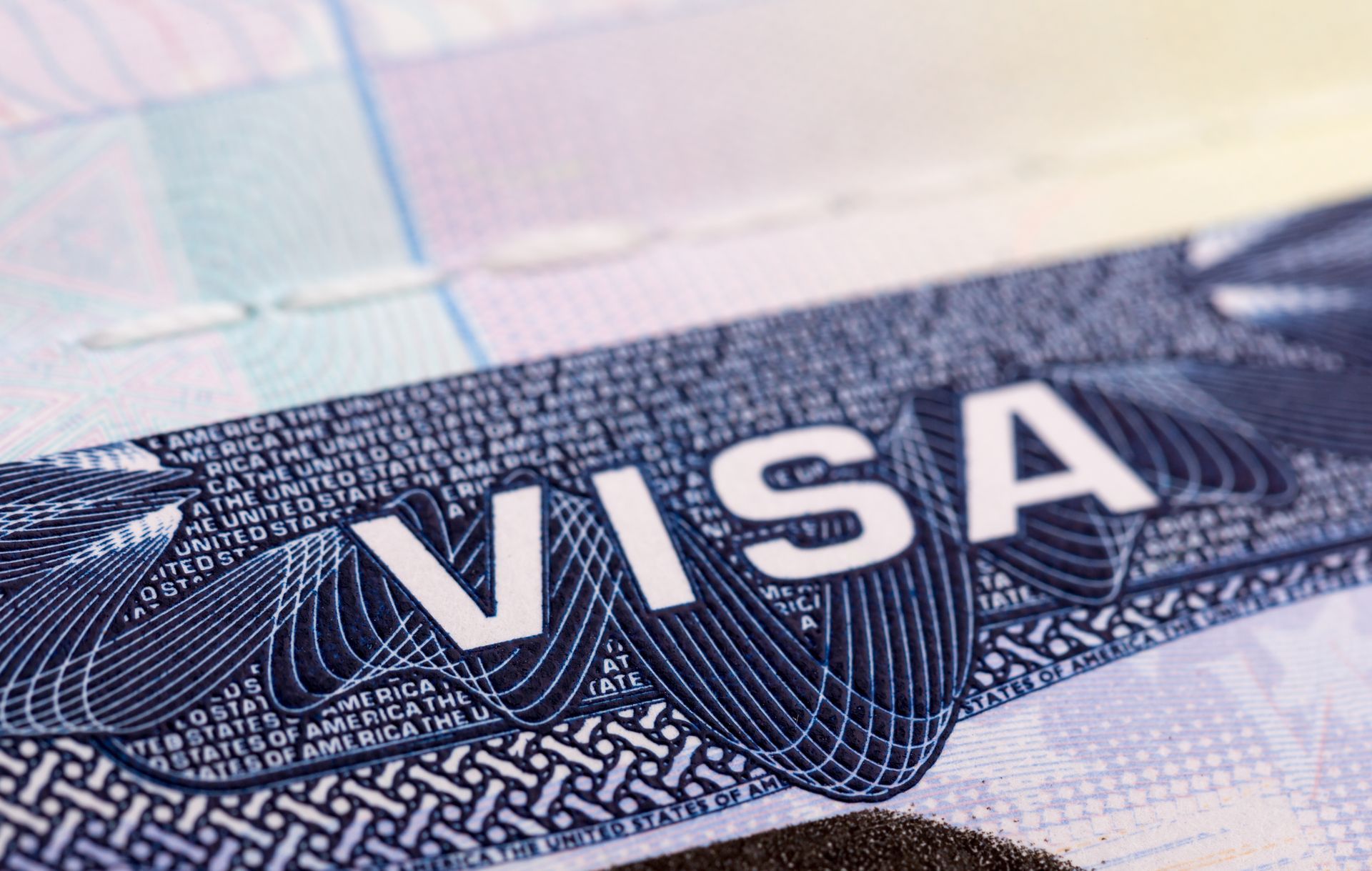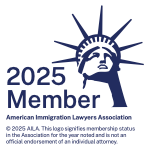RECENT ARTICLES
LEGAL SERVICES
By: Jennifer Fabian-Verzosa, Esq.
FOR UNDOCUMENTED IMMIGRANTS, LIFE IN THE UNITED STATES WITHOUT THE REQUISITE IMMIGRATION PAPERS, OR EXPIRED IMMIGRATION PAPERS, IS FRUSTRATING AND FRIGHTENING. Oftentimes, these immigrants experience paranoia and fear trying to do everyday things, like trying to obtain a driver’s license or identification, obtaining medical care, working, buying property, and even traveling between states. They live in constant fear of being removed or picked up by U.S. Immigration and Customs Enforcement (ICE).
The number of undocumented immigrants in the U.S. is estimated at over 11 million. [FN1]
What that essentially means is that in any large family gathering, there is probably somebody that is or was once an undocumented immigrant, or knows someone who is.
What that also means is that undocumented immigrants are people like us, and they are us. They are parents, brothers, children, friends—people we interact with and who make up our local communities.
Many people have formed faulty stereotypes of what an undocumented immigrant looks like, where they work, and their country of origin.
Many people are in disbelief when they find out that, at one time or another, their friend or relative was
once an undocumented immigrant in the United States, even if it was for a short time.
Many people are surprised to learn that undocumented immigrants are not only persons who have entered the U.S. by crossing a land border “without inspection.” They are also persons who have overstayed their visas or authorized length of stay in the United States.
MANY UNDOCUMENTED PERSONS ALSO KNOW LITTLE ABOUT THEIR LEGAL RIGHTS, OR EVEN THAT THEY HAVE ANY. Many undocumented immigrants are ashamed of their immigration status and afraid. Many choose to just hide. Although, in this day and age in America, the climate seems increasingly unfavorable and hostile to immigration, it is important that undocumented immigrants (and their loved ones) know that there may be legal avenues available for them to obtain lawful permanent residency.
RATHER THAN JUST HIDE
or constantly be “Tago Ng Tago”
(or “TNT” – urban term commonly describing undocumented Filipino immigrants who have overstayed their visas and are residing in the U.S. “in hiding”
), IT IS ESSENTIAL THAT YOU AT LEAST FIND OUT WHETHER YOU HAVE ANY LEGAL OPTIONS.
CERTAIN UNDOCUMENTED IMMIGRANTS MAY HAVE A PATHWAY TO LAWFUL PERMANENT RESDIENCY (AND EVENTUALLY U.S. CITIZENSHIP) IF THEY:
- Have continuously resided in the U.S. since a certain time (1972); or
- Have married a U.S. citizen; or
- Have U.S. citizen children or parents; or
- Qualify for a waiver of inadmissibility; or
- Qualify for asylum.
This list is not exhaustive – not all forms of relief are listed . Not every undocumented immigrant will qualify for one of these routes, and not every application for permanent residency will be approved. Filing an immigration application does not eliminate all risks for removal or deportation. In some instances, it may increase the risk.
If you or your loved one is an undocumented immigrant, you should contact an immigration attorney, your local legal aid society (or provider of free or reduced legal services), or at least obtain immigration reading material to learn more about your options.
You do not have to file any immigration forms just to learn about your immigration options.
When you know and weigh your options, you will better be able to make a more informed decision about your future and see whether you might qualify for any form of relief.
Our COMPASSIONATE IMMIGRATION LAW OFFICE would be happy to assist you in exploring those options, wherever you are in the United States. Contact us today for a quote .
_____
[FN 1] “ Frequently Requested Statistics on Immigrants and Immigration in the United States” (Published March 8, 2017), by Jie Zong and Jeanne Batalova, Migration Policy Institute. Retrieved 7-2-2017.; See also “5 facts about illegal immigration in the U.S.” (Published April 27, 2017), by Jens Manuel Krogstad , Jeffrey S. Passel and D’Vera Cohn , Pew Research Center. Retrieved 7-2-2017.
*For Article Requests, Republications, or Speaking Engagements, please email: jennifer@law-jf.com
** Jennifer Fabian-Verzosa, Esq. is the founding attorney of the Law Office of Jennifer Fabian-Verzosa , an immigration law practice that provides local and remote immigration assistance to clients throughout the U.S. and worldwide.**
________________________________________________________________________________
DISCLAIMER : This blog provides general information and is not intended to be legal advice. Use of the information does not establish an attorney-client relationship. Any cases mentioned do not guarantee or predict outcomes in future cases. Some of this information may now be outdated. Please consult an attorney before acting on any material. Please do not submit any time-sensitive or confidential information in the comments below. Any information you send may be publicly-visible and is not protected from disclosure. Jennifer Fabian-Verzosa is the attorney responsible for the content and material on this blog. She is licensed in D.C. and HI, and exclusively practices immigration law in federal jurisdictions.
The post Options for Undocumented Immigrants
appeared first on Law Office of Jennifer Fabian-Verzosa.
The post Options for Undocumented Immigrants appeared first on Law Office of Jennifer Fabian-Verzosa.








